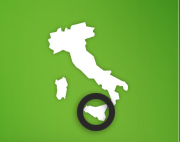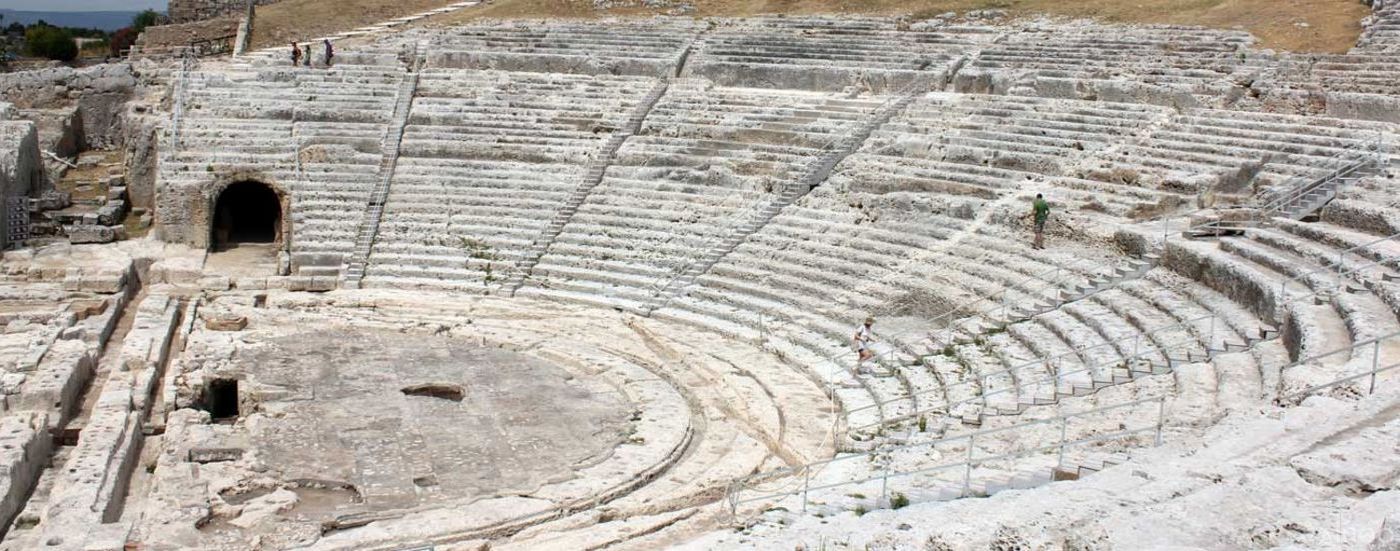History of Sicily
From the Greek civilization to the mercy of the major European powers
In the 8th Century BC the first Greek settlers came to Sicily and established the beginning of a great history. After a long flowering Greek period, Sicily was conquered and exploited by the Romans, and after an Arabic period in the Middle Ages it was a playground for many different European royal families. Norman, German, French, Spaniards and Austrians alternately ruled the island in the south of Europe. In 1860 Garibaldi liberated the island, which voluntarily joined the Kingdom of Italy.
Greeks and Romans in Sicily
Originally populated by Sicels, Elymi and Phoenicians, the first Greek settlers reached Sicily in the 8th Century BC and founded numerous cities like Messina, Catania, Syracuse, Gela and Agrigento. A Greek high culture developed, into which were born the famous mathematician Archimedes and Pythagoras. Syracuse was one of the largest cities in Europe. With the rise of Carthage, Rome started to take part in the conflict and conquered Sicily in the first and second Punic War. The great natural resources and farmlands quickly made Sicily the granary of Rome, which exploited the island mercilessly. After the fall of Rome and several subsequent barbarian raids, Sicily was incorporated into the Byzantine Eastern Roman Empire.
Sicily during the Middle Ages
After independence from the Byzantine Empire the Arabs conquered Sicily in the 9th Century and brought a period of further economic prosperity and absolute tolerance. Due to internal inconsistencies of the ruling emirs, the Normans under Roger I. conquered the island and made Sicily a kingdom. When the last heir of the Norman King died in 1194, Sicily fell to the German house of Hohenstaufen, who lost the island to the House of Anjou in 1266. The French period in Sicily was short and bloody, ending with the Sicilian Vespers, a revolt which expelled the French. In 1302 Sicily fell to the Spanish house of Aragon. As a result, Spanish viceroys ruled the island. Marked by corruption, large estates and domestic difficulties Sicily then drifted into ever greater social and economic problems that held the island firmly in their hands.
Sicily from the modern era to today
Spanish rule of Sicily ended with the War of the Spanish Succession. The island became alternately part of the house of Savoy, the Austrian Hapsburgs, the Spanish Bourbons and Napoleon - but no one was able to solve the problems of Sicily. Giuseppe Garibaldi finally freed the island in 1860 and Sicily joined the newly formed Kingdom of Italy. After the Second World War, Sicily finally became an autonomous province of Italy and, due to modernisation measures in agriculture and industry, the social ills were slowly brought under control.


Tweet